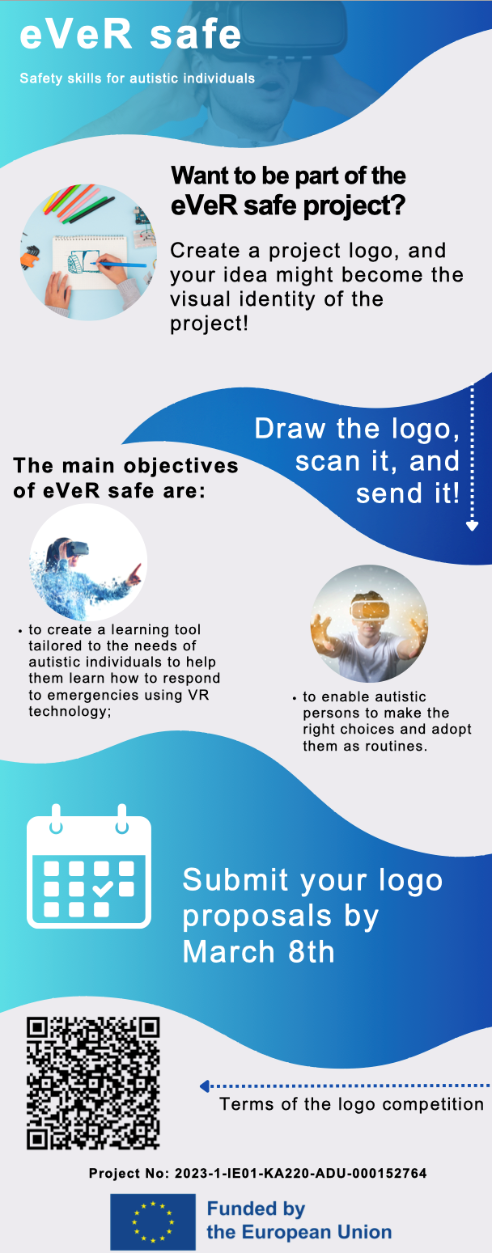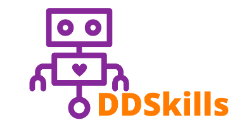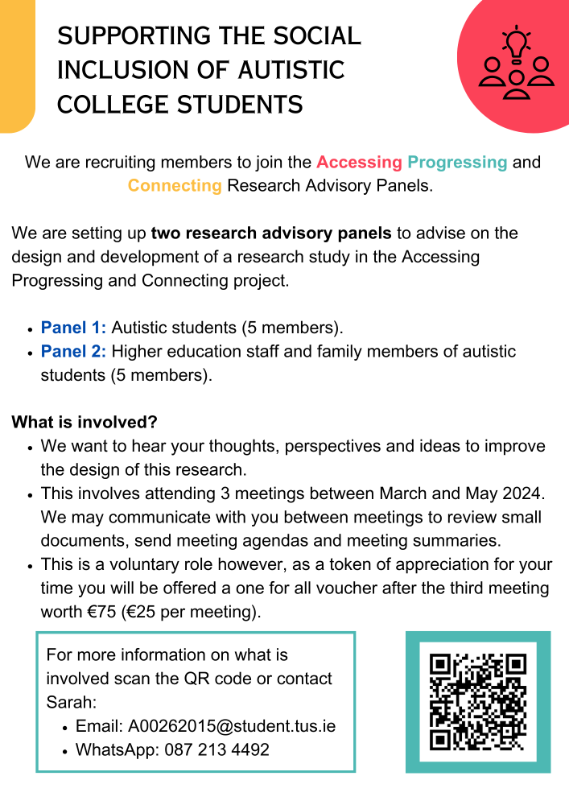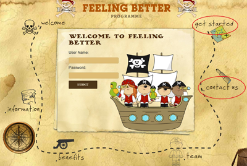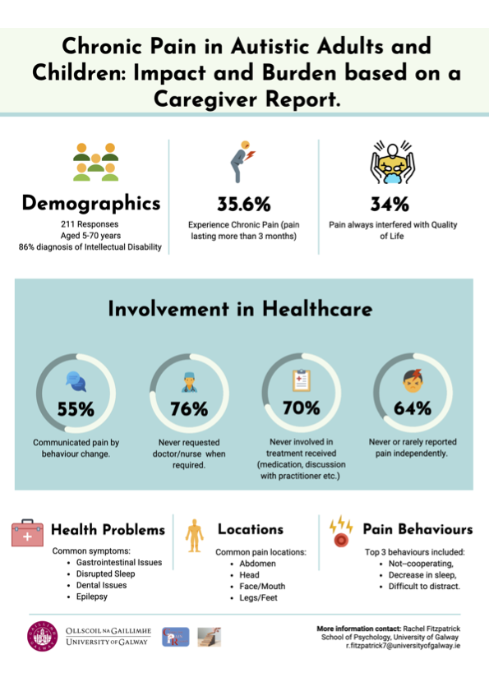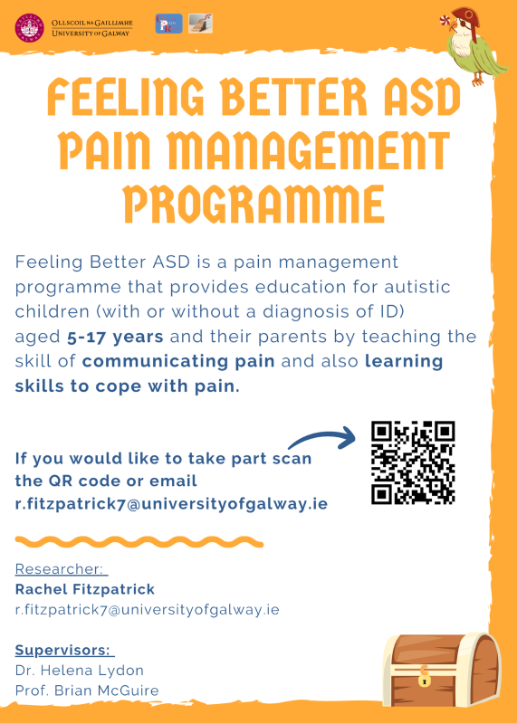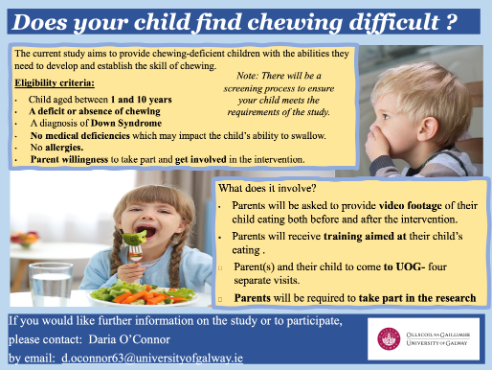-
Courses

Courses
Choosing a course is one of the most important decisions you'll ever make! View our courses and see what our students and lecturers have to say about the courses you are interested in at the links below.
-
University Life

University Life
Each year more than 4,000 choose University of Galway as their University of choice. Find out what life at University of Galway is all about here.
-
About University of Galway

About University of Galway
Since 1845, University of Galway has been sharing the highest quality teaching and research with Ireland and the world. Find out what makes our University so special – from our distinguished history to the latest news and campus developments.
-
Colleges & Schools

Colleges & Schools
University of Galway has earned international recognition as a research-led university with a commitment to top quality teaching across a range of key areas of expertise.
-
Research & Innovation

Research & Innovation
University of Galway’s vibrant research community take on some of the most pressing challenges of our times.
-
Business & Industry

Guiding Breakthrough Research at University of Galway
We explore and facilitate commercial opportunities for the research community at University of Galway, as well as facilitating industry partnership.
-
Alumni & Friends

Alumni & Friends
There are 128,000 University of Galway alumni worldwide. Stay connected to your alumni community! Join our social networks and update your details online.
-
Community Engagement

Community Engagement
At University of Galway, we believe that the best learning takes place when you apply what you learn in a real world context. That's why many of our courses include work placements or community projects.
Our Research
|
eVeR safe
|
eVeR safe aims to create an adapted educational tool for autistic adults that will facilitate them to acquire knowledge, skills and competencies which will enable them to handle emergency situations under almost real conditions using VR technology. The curriculum will be designed with input from autistic person to inform the content and how it is delivered
Show us your creative side – help us design our logo.
|
|
SPAUT
|
SPAUT aims to join the forces of table tennis coaches and physical education teachers (with knowledge on table tennis), training and certifying them as “coaches with knowledge and perception of Autism” and to encouraging participation and physical activity in individuals with Autism through table tennis sport. Individuals with Autism will be trained by the certified coaches using Virtual Reality to learn the table tennis rules and practice on their homes before turning their hand to playing a game of table tennis. The project aims to promote social inclusion, equal opportunities in sport and access to table tennis for people with Autism in mainstream activities.
For more details on this project you can visit http://www.spaut.eu
|
|
DDSkills
|
DDSKILLS is an innovative research project which aims to teach healthcare professionals digital skills to support the implementation of digital healthcare and eHealth for persons with complex needs. In striving to empower people to become more autonomous and to manage their own health and independent living, health professionals have a key role to play in assisting and explaining the use of digital solutions. There is a need to strengthen the educational curricula for health professionals and use continuous professional development (CPD) programs to provide them with useful digital skills training. DDSkills focuses on curriculum development for professionals in Assistive Technologies, Robotic Devices, SmartHome, Virtual Reality, and Brain Computer Interfaces.
For more information on this project visit
Read about the results of the DDSkills project http://www.ddskills.eu/RESULTS
|
|
Working Through
|
Working Through is a state-of-the-art research project that combines Virtual Reality and the principles of behaviour to teach social skills for employment to individuals with Autism. Working Through presents an individual opportunities to practice and master social skills across six areas including: initiating a conversation with a colleague, emotional recognition, meeting a stranger, negotiating with a salesperson, a job interview, and working with co-workers and managing conflicts. Individuals with Autism are presented with variations of each scenario in order to promote generalisation of each skill.
For more details on this project you can visit http://www.workingthrough.eu
Read about our preliminary results: https://mcusercontent.com/a85b50c00ecc7c705dbf9a949/files/549ec4f5-6280-37db-40e5-f8268e619dfa/NUIG_article.pdf
|
|
Social Circles
|
Social Circles is a social skills program for children and adolescents with Autism Spectrum Disorder (ASD) coordinated by the ABRC and the Health Service Executive (HSE). Social communication tends to be particularly challenging for individuals with ASD and can act as a barrier to success or source of anxiety. Over the past number of years Social Circles has been developed and informed by research and best practice to support the development of important social skills across childhood and adolescence. Social Circles encompasses group based learning, parent education, and social skills training. We are also currently developing Preschool Social Circles to support social skill development at this important stage of early learning. |
PhD Projects
|
Project |
Description
|
|
Title: Accessing Progressing and Connecting an Investigation into the Support Necessary to Promote Social Inclusion at Third Level for Autistic Students
Researcher: Sarah Hughes
Affiliations: 1.Technological University of the Shannon; 2.University of Galway
Supervisors: Dr. Edith Walsh1, Dr. Helena Lydon2, Dr. Deirdre Walsh 1
Email: a00262015@student.tus.ie |
In Ireland equality of access to higher education is a national priority this is evident in the National Access Plan 2022- 2028 which expresses a vision of striving towards a higher education student population which is more diverse and inclusive. This research aligns with this vision as it relates to autistic students . The aim of this project is to gain an understanding of the current student experience of autistic students in Ireland, in particular the barriers and facilitators to social inclusion in higher education, the available supports and reasonable accommodations available through higher education disability services and finally, the first-hand experiences of autistic students who have navigated higher education in recent years. It is expected that the results of this research will add to the evidence-base in Ireland surrounding supports for autistic students in college and will contribute to a better third-level education experience for these students. Study 1: Barrier and Facilitators to Social Inclusion for Autistic Students in Higher Education: A Mixed Methods Systematic Review. Currently Recruiting!
Study 2: Responding to the Needs of Third Level Autistic Students in Ireland: Current Accommodations, Supports and Practises. Study 3: Navigating higher education in Ireland as an autistic student: a letter to my younger self
|
|
Title: Pain in Autism Spectrum Disorder: Prevalence, Development and Evaluation of a Modified Feeling Better Pain Management Programme to Increase the Communication of Pain.
Researcher: Rachel Fitzpatrick
Supervisors: Dr. Helena Lydon, Prof. Brian McGuire
Email: r.fitzpatrick7@nuigalway.ie
|
This research has used public patient involvement (autistic children and their parents) in the evaluation and modification of the existing computerized ‘Feeling Better’ programme to make an adapted version suitable for autistic children. The adapted version is called Feeling Better ASD. The aim of this research is to examine the effectiveness of the Feeling Better ASD as a pain management intervention for autistic children who have difficulties communicating and managing pain. Feeling Better ASD aims to provide inclusive education for autistic children and their parents by teaching the skill of communicating pain (location and severity) and also learning skills and techniques such as relaxation, activity pacing, distraction skills to help them cope with pain.
Study 1: Survey on the pain in autistic individuals with a diagnosis of Intellectual Disability. Infographic with results:
https://forms.office.com/e/jNZ83HraHf
|
|
Title: Evaluation of staff training methodologies to increase implementation of behavioural interventions for individuals with intellectual disabilities
Researcher: Dearbhaile
Supervisors: Dr. Helena Lydon, Dr. Aoife McTiernan
Mahon Email: d.mahon1@nuigalway.ie
|
Many individuals with intellectual disabilities (ID) also present with co-occurring behaviours that challenge. Such behavioural issues impact on overall social inclusion and quality of life for the individual (Emerson, 2001). Behavioural interventions have been shown to yield the best outcomes in reducing behaviours that challenge and increasing positive skills for individuals with ID. The Health Act (2007) stipulates that an individual who resides in residential care and presents with challenging behaviour should have access to Positive Behaviour Support, in the form of Behaviour Support Plans (BSP's). A clinical need exists for the implementation of plans to be delivered accurately and reliably. Research to date has failed to demonstrate the protocols to yield best staff training outcomes. Existing literature on staff training for teaching BSP’s has shown that most staff training packages include four components: written instructions, feedback, rehearsal, and modelling. However, which components are responsible for training efficacy remains unclear and little research has examined video modelling. Another limitation is that skills acquired by staff during training often fail to transfer into consistent and accurate implementation when working directly with the client. The purpose of the present research is to identify evidence-based practice to train care staff to support individuals with ID who present with behaviours that challenge through the delivery of BSP's across four studies.
Study 1 is a systematic literature review evaluating current staff training methods. Open Access: https://pubmed.ncbi.nlm.nih.gov/34219540/
Study 2 is a qualitative and observational study to identify factors hindering acquisition and implementation of BSP's within care services for individuals with ID. In Press! We hope to share this Open Access publication with you soon.
Study 3 is a questionnaire evaluating the most commonly recommended behavioural strategies as part of BSP’s by behaviour therapists in Ireland.
Study 4 is a pilot feasibility study to inform a Randomised Control Trial which will evaluate and compare different components of current staff training models. |
|
Title: Play development in Autistic children
Researcher: Kate Hewett Email: k.hewett1@universityofgalway.ie
|
Play is not just for fun…it is a fundamental part of child development! Play enables young children to learn about their environment and offers opportunities within which social skills can develop. The objectives for this research are to compare the play development of autistic children to their neurotypical counterparts. Specifically focusing the developmental sequence to examine if it is the same for both cohorts, and to examine if play skills plateau in autistic children, and if so what age or level of development. The focus will then look to the existing research in this area to complete a thorough analysis of the types of play and the tactics that specifically relate to each area. Finally, we aim to identify the prerequisite skills that are required for successful participation in solitary play and induce this in children where it has been found to be missing. |
MSc Projects
|
Project |
Description
|
|
Title: Sleep Analysis among children in Ireland: An Investigation of Sleep Patterns and Parental Expectations of 2-9 year olds
Name: Emily Tougher and Natasha Richardson e.togher4@universityofgalway.ie n.doorley1@universityofgalway.ie
|
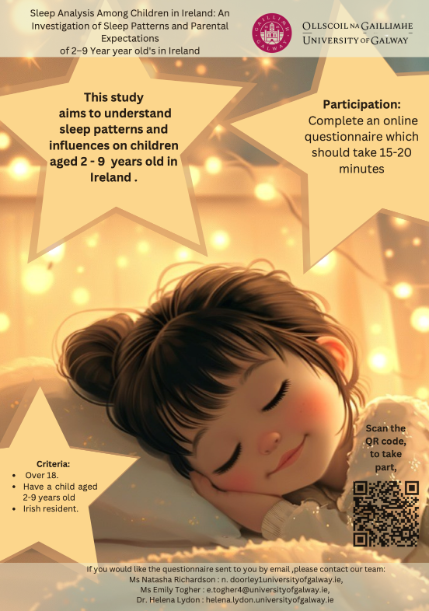 |
|
Title: Tongue Lateralisation as an Integrated Component to Teach Rotatory Chewing to Children with Down Syndrome
Researcher: Daria O Connor Email: d.oconnor63@universityofgalway.ie
|
This MSc aims to provide chewing-deficient children with the abilities they need to develop and successfully establish the skill of chewing. Three components will be used to create the skill of rotatory chewing: vertical chewing, tongue lateralization, and lip control. This proposed study will look at the sequence of instruction to establish the skill and the timing of the instruction.
|
|
Title: Investigating the use of VR (Virtual Reality) to teach table tennis among adults with Intellectual Disability and/or autism spectrum disorde
Researcher: Hafeza Contractor Email: h.contractor1@universityofgalway.ie
|
The study aims to assess the efficacy of Virtual Reality (VR) in teaching table tennis to individuals with intellectual disability and/or autism spectrum disorder, with a primary focus on enhancing physical activity and reducing sedentary behavior. The study will investigate if skills acquired through VR can be generalized to real-world settings. Additionally, it aims to explore the impact of VR-based table tennis instruction on individuals’ attitudes towards sports.
VR has emerged as a highly effective instructional modality for imparting a wide range of skills and competencies. Its unique training process offers a personalized learning experience that is characterized by a high degree of safety. VR is advantageous for individuals with intellectual disabilities and/or those on the autism spectrum, as it allows for the acquisition and refinement of skills while minimizing the potentially aversive consequences associated with errors.
The study addresses the unique needs of this population, potentially improving their quality of life by offering a tailored approach to skill acquisition. This research may pave the way for broader applications of VR technology in enhancing skills, confidence, and overall well-being among adults with intellectual disabilities and/or autism. The study aims to achieve greater inclusion and community participation for this demographic. |








